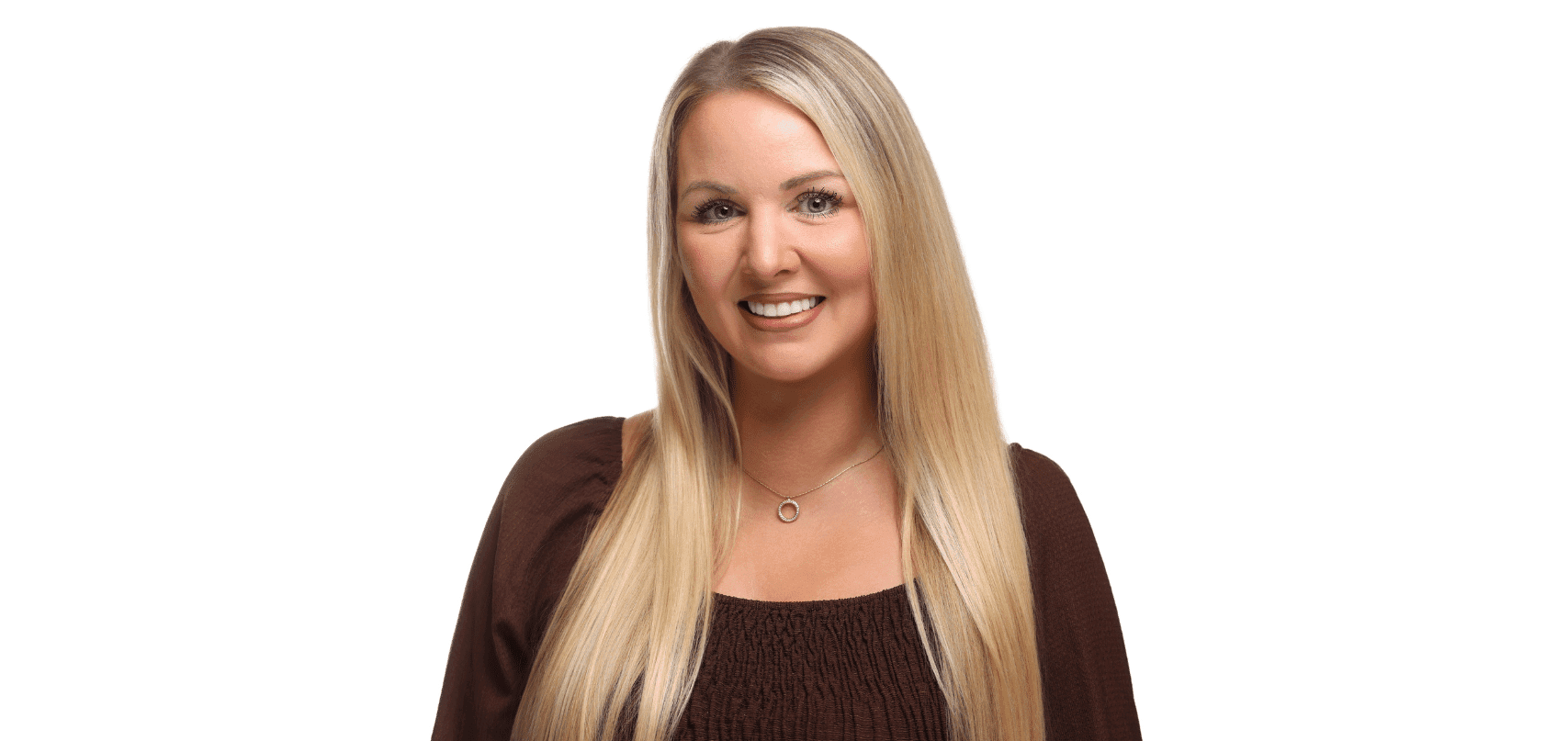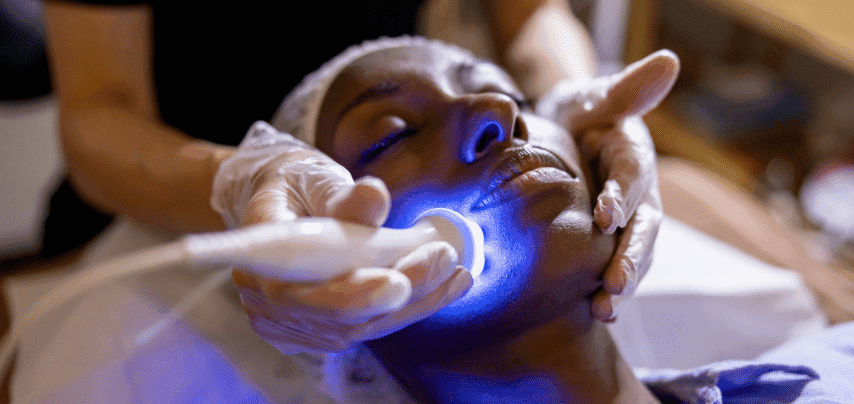This article was first published in Claims Media.
At the height of the Covid pandemic in 2020, it was widely anticipated that UK hospitals, care homes, and their insurers would be flooded with Covid-related legal claims. However, the volume of malpractice claims to date has been significantly lower than predicted. In its latest annual report, NHS Resolution reported that Covid-related claims against the NHS remained ‘lower than expected.’
It may, of course, be that that this is just a slow start to be followed by a more rapid acceleration. Nevertheless, it’s surprising that claims remain anecdotally low, given we’re over three years past the pandemic’s peak.
Health and care providers aren’t necessarily out of the woods. Increased prevalence of long Covid may increase legal claims. Significantly, the focus of claims against health and care providers has shifted from malpractice claims to other classes of liability over the past year.
Why are malpractice claims numbers lower than expected?
It was expected that we would see a raft of covid-related malpractice claims against hospitals and care and nursing homes alleging systemic and individual failures to prepare for and prevent infection, delays in diagnosis and inappropriate treatment of Covid.
There are various reasons for the comparatively low volume of malpractice of anticipated claims. During and after the pandemic, there was understandable public reluctance to blame NHS or care home workers for clinical mistakes made in the heat of the battle. However, memories fade, and it is probably unrealistic to hope that there isn’t an appetite to explore future claims.
Perhaps a more compelling reason for the dearth of claims lies in the challenges claimants face in establishing causation. As we saw in the earlier wave of hospital acquired infection cases, it is virtually impossible to pinpoint a particular breach of duty at a specific moment that directly caused infection. While this doesn’t necessarily defeat a claim, claimants must still demonstrate that any breach(es) of duty materially increased the risk of infection.
Much may change in the wake of the ongoing UK Covid-19 Inquiry. Claimant representatives are no doubt keenly awaiting its detailed findings, particularly regarding the module addressing core decision-making and governance. The inquiry is scheduled for publication later this year.
Human Rights Act claims
The pandemic exposed providers and their insurers to potential liability for alleged breaches of the Human Rights Act. Leigh Day is representing 30 families who are suing the UK government, care homes and hospitals over pandemic-related deaths of their relatives. The families claim breaches of their relatives’ rights to life, and their own right to private and family life. Claims are expected to focus on the decision in March 2020 to transfer asymptomatic hospital inpatients into care home community.
The prospects for these claims are uncertain and they will no doubt be vigorously defended. However, despite modest compensation levels, there’s potential for numerous similar claims due to the tragically widespread impact.
Long Covid and employers liability claims
A key concern for healthcare providers and their insurers is their potential liability to employees alleging exposure to long Covid. Unlike many malpractice polices, EL policies cannot exclude Covid-related claims.
The BBC reported that 70 healthcare workers with long Covid are launching compensation claims in the high court against the NHS and other employers. They claim inadequate protection at work during the pandemic caused them to contract Covid. Their claims will join those of other affected health workers seeking compensation for alleged life changing disabilities and associated loss of income.
The effects of long Covid are not yet fully understood. However, many of the 1.9 million people said to be affected in the UK endure debilitating ongoing symptoms which could drastically increase the cost of any claims.
These test cases will no doubt be robustly defended; in addition to raising the same causation points, employers will also argue they were simply following national guidance. How they ultimately play out will be significant for all parties concerned.
The information contained in this article does not represent a complete analysis of the topics presented and is provided for information purposes only. It is not intended as legal advice and no responsibility can be accepted by Altea Insurance for any reliance placed upon it. Legal advice should always be obtained before applying any information to particular circumstances.


